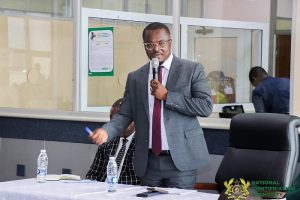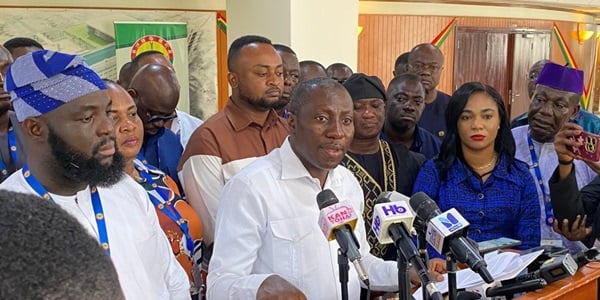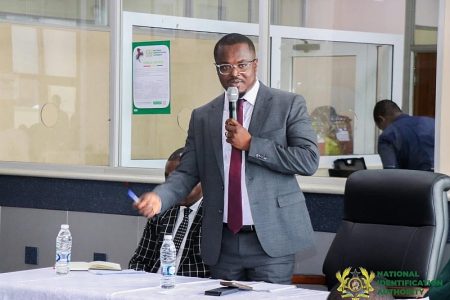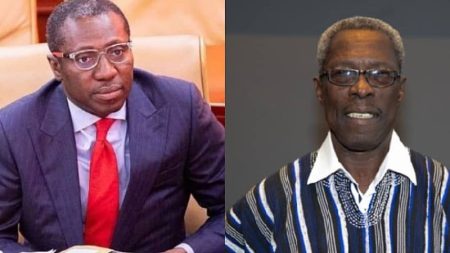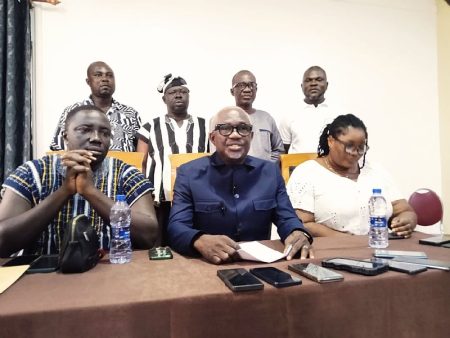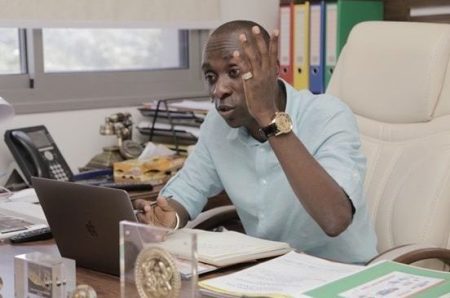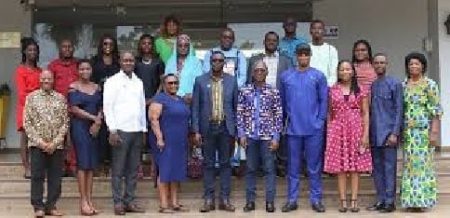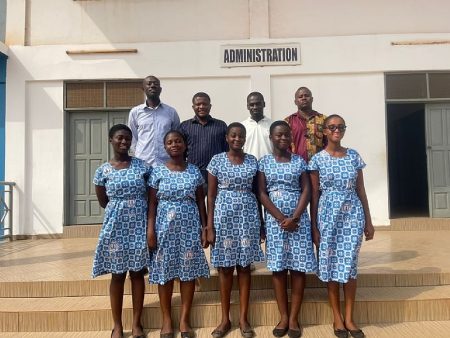The New Patriotic Party (NPP) Caucus in Ghana’s Parliament has voiced serious concerns regarding their safety and security within the parliamentary precinct, alleging a pattern of physical assaults, intimidation, and verbal abuse from members of the opposing National Democratic Congress (NDC) Caucus. Led by Minority Leader Alexander Kwamina Afenyo-Markin, the NPP MPs claim they are subjected to a hostile environment, marked by pushing, shoving, insults, and threats, even while navigating the halls of Parliament. This alleged campaign of harassment has created a climate of fear and anxiety among NPP members, prompting them to demand enhanced security measures to ensure their safety and protect their ability to perform their parliamentary duties without fear of reprisal.
The NPP’s allegations paint a picture of an increasingly tense and polarized political landscape within Ghana’s Parliament. They claim that the NDC’s actions go beyond the realm of robust political debate and have crossed the line into physical intimidation and harassment. According to Afenyo-Markin, the alleged misconduct includes not only direct physical altercations but also the deployment of NDC “foot soldiers” to intimidate NPP members within the parliamentary premises. This alleged use of external actors to amplify the pressure on the NPP adds another layer of complexity to the situation and raises concerns about the potential for escalation and further violence.
The NPP Caucus has expressed deep frustration with the apparent lack of response from the parliamentary police to their repeated complaints. Despite formally reporting the alleged incidents of assault and intimidation, the NPP claims that no tangible action has been taken to address their concerns or hold the perpetrators accountable. This perceived inaction has left the NPP MPs feeling vulnerable and unprotected, leading them to believe that they must take matters into their own hands to ensure their safety. As a result, the NPP Caucus has announced its intention to bolster its own security arrangements, a move that underscores the seriousness of the situation and the depth of their distrust in the existing security mechanisms within Parliament.
The NPP’s decision to enhance their personal security reflects a growing concern that the parliamentary environment has become increasingly unsafe. They argue that the frequency and intensity of the alleged attacks have reached a point where they no longer feel secure carrying out their duties as elected representatives. This sense of vulnerability undermines the principle of free and open debate that is essential for a functioning democracy. The NPP’s claims raise serious questions about the ability of the parliamentary authorities to maintain order and ensure the safety of all members, regardless of their political affiliation.
The NPP has sought to frame its actions as a legitimate response to provocation and a necessary measure to protect its members from further harm. Afenyo-Markin has emphasized the NPP’s commitment to peaceful and lawful conduct, contrasting it with what he describes as the aggressive and intimidating behavior of the NDC. He has portrayed the NPP’s actions as a form of protest, a fundamental right within a democratic society, and a necessary response to the perceived failure of the authorities to address their security concerns. This narrative seeks to justify the NPP’s decision to enhance its security and to position the party as the victim of unwarranted aggression.
The allegations leveled by the NPP against the NDC highlight the deep divisions within Ghana’s Parliament and raise concerns about the potential for escalating political tensions. The claims of physical assault, intimidation, and verbal abuse paint a disturbing picture of a parliamentary environment where members feel threatened and unsafe. The NPP’s decision to enhance its own security, coupled with its public airing of these grievances, signals a growing crisis of confidence in the ability of the parliamentary authorities to maintain order and ensure the safety and security of all members. The situation calls for a thorough and impartial investigation into the allegations, followed by decisive action to address any wrongdoing and restore a climate of respect and professionalism within Ghana’s Parliament. Failure to do so risks further escalating tensions and undermining the integrity of the democratic process.


